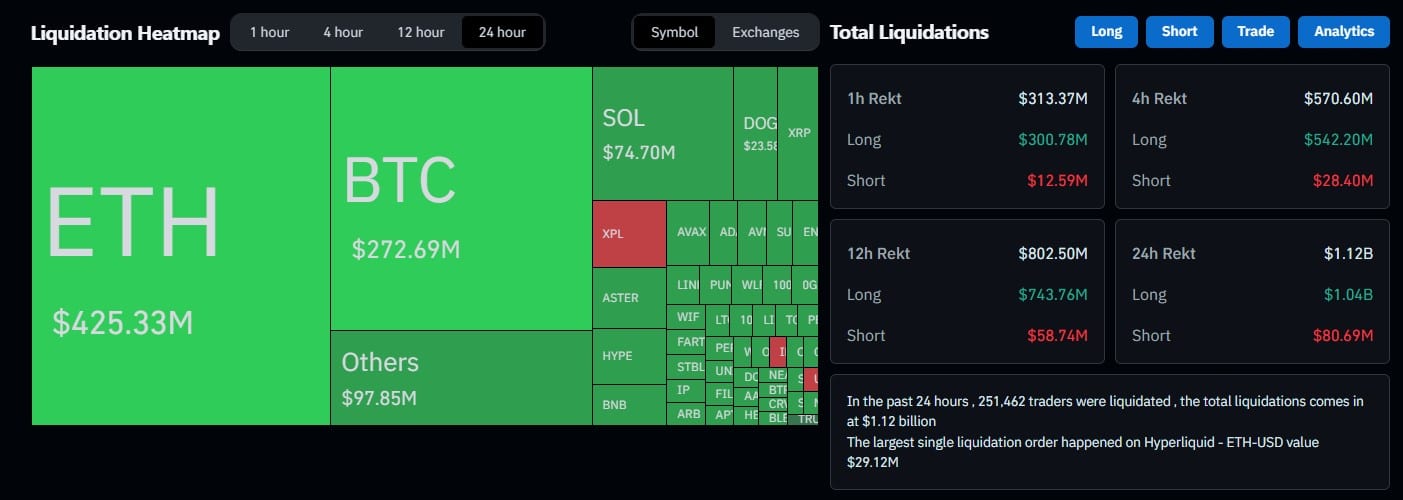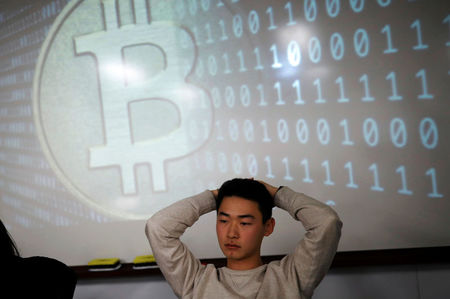Germany’s inflation rose to 2.1% in August, beating forecasts and putting pressure on households
The post Germany’s inflation rose to 2.1% in August, beating forecasts and putting pressure on households appeared on BitcoinEthereumNews.com. Germany just blew another chance to pull itself out of the ditch. On Friday, new economic data from Destatis showed rising inflation, surging unemployment, and no sign of recovery in sight, as the country braces for the full blowback from Donald Trump’s latest trade squeeze. The inflation rate climbed to 2.1% in August, beating forecasts that had it landing at 2%. That’s a sharp move up from July’s 1.8%, which had been cooler than expected. But core inflation, the figure without energy and food, didn’t budge. It stayed at 2.7%, the same as last month. That means pressure is building across every part of the economy, not just from groceries or gas prices. That wasn’t the only red flag. Jobless numbers jumped hard. 3.025 million people were officially unemployed in Germany last month. That pushed the unemployment rate to 6.4%, a clear sign the labor market is getting softer by the day. U.S. tariffs tighten the screws on exports Germany’s slowdown is also getting hammered by global politics. A July trade deal between the EU and the U.S. brought in a new 15% tariff on a wide set of European products shipped to the U.S. What caught businesses off guard was a fresh update earlier this month: those tariffs will now extend to key sectors like pharmaceuticals, which had been left out before. The sudden decision has rattled German exporters, many of whom already operate on thin margins. The big question is who pays. In the U.S., prices are expected to rise. But in Germany and across the eurozone, it’s unclear. Some companies may cut prices to unload extra goods that aren’t selling in America. Others might raise prices in Europe to make up for what they’re losing in the U.S. Either way, the hit lands hard at home. The…

The post Germany’s inflation rose to 2.1% in August, beating forecasts and putting pressure on households appeared on BitcoinEthereumNews.com.
Germany just blew another chance to pull itself out of the ditch. On Friday, new economic data from Destatis showed rising inflation, surging unemployment, and no sign of recovery in sight, as the country braces for the full blowback from Donald Trump’s latest trade squeeze. The inflation rate climbed to 2.1% in August, beating forecasts that had it landing at 2%. That’s a sharp move up from July’s 1.8%, which had been cooler than expected. But core inflation, the figure without energy and food, didn’t budge. It stayed at 2.7%, the same as last month. That means pressure is building across every part of the economy, not just from groceries or gas prices. That wasn’t the only red flag. Jobless numbers jumped hard. 3.025 million people were officially unemployed in Germany last month. That pushed the unemployment rate to 6.4%, a clear sign the labor market is getting softer by the day. U.S. tariffs tighten the screws on exports Germany’s slowdown is also getting hammered by global politics. A July trade deal between the EU and the U.S. brought in a new 15% tariff on a wide set of European products shipped to the U.S. What caught businesses off guard was a fresh update earlier this month: those tariffs will now extend to key sectors like pharmaceuticals, which had been left out before. The sudden decision has rattled German exporters, many of whom already operate on thin margins. The big question is who pays. In the U.S., prices are expected to rise. But in Germany and across the eurozone, it’s unclear. Some companies may cut prices to unload extra goods that aren’t selling in America. Others might raise prices in Europe to make up for what they’re losing in the U.S. Either way, the hit lands hard at home. The…
What's Your Reaction?








































